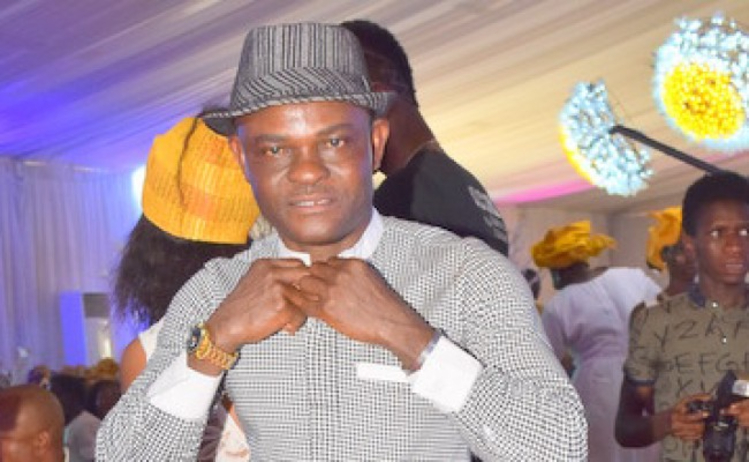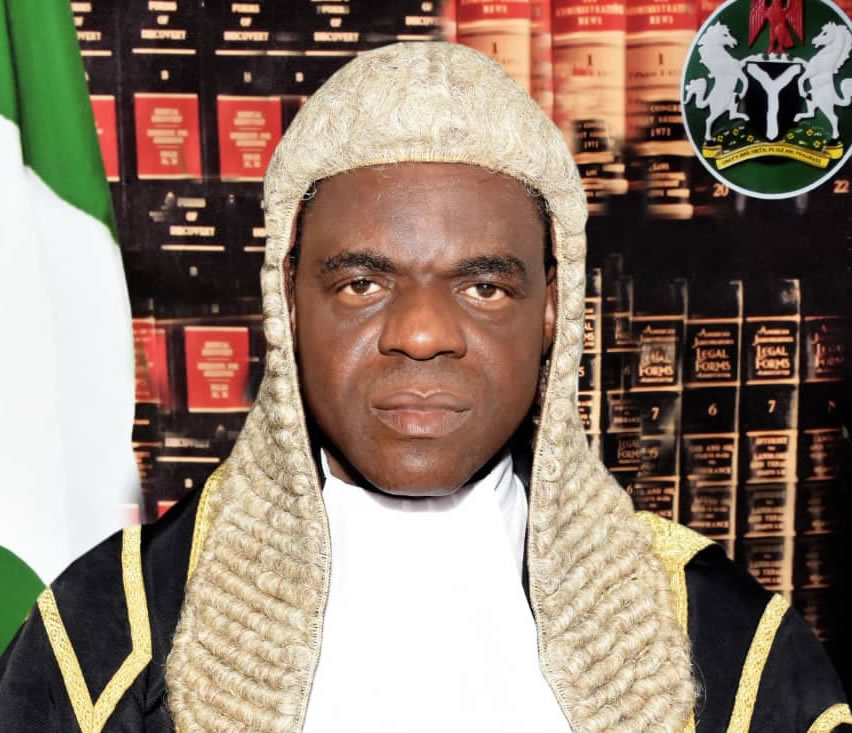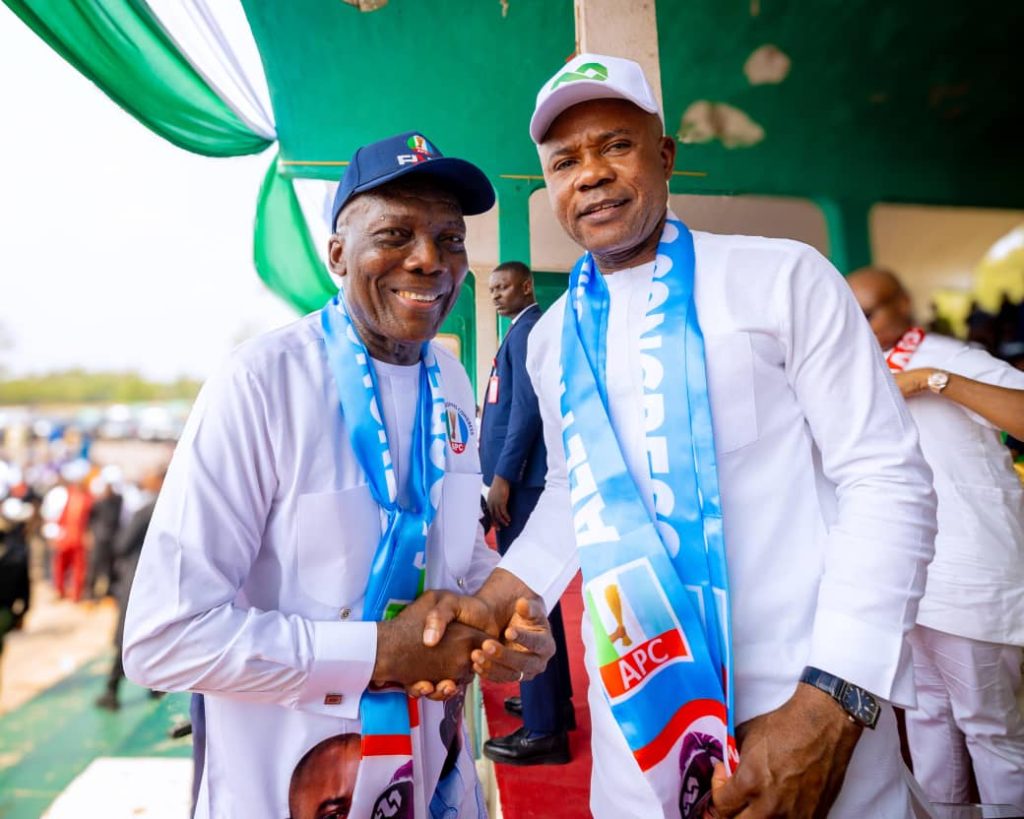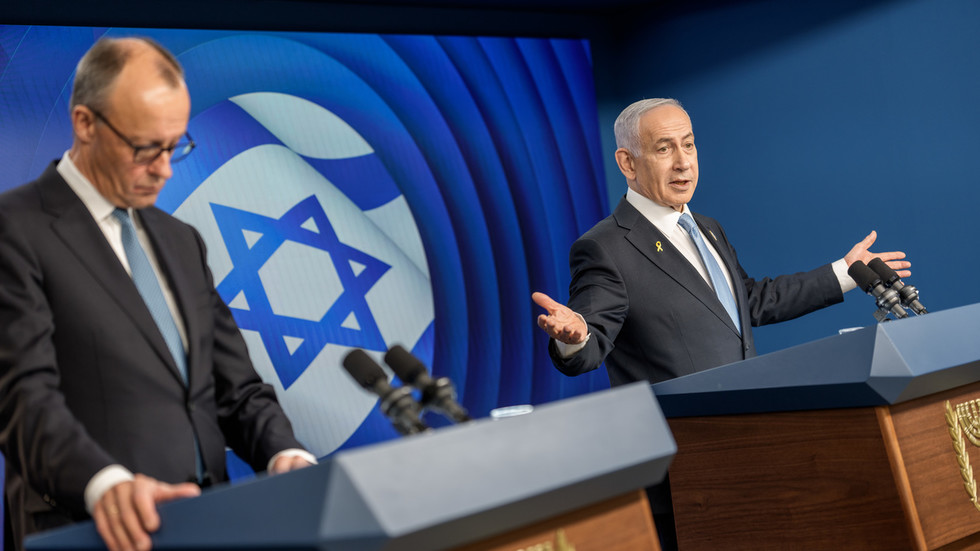The Rwandan government has announced plans to construct 296 new homes for vulnerable survivors of the 1994 genocide, which claimed the lives of an estimated 1 million people over 100 days. The homes, scheduled to be built between 2025 and 2026, are part of a broader effort to support survivors who continue to live with the trauma of the genocide.
During the genocide, extremist Hutus targeted Tutsis and moderate Hutus, resulting in one of the deadliest periods in human history, with up to 10,000 people killed daily. Many survivors still grapple with the physical and emotional scars of the violence, including widespread sexual violence. To address their needs, the government has allocated approximately $3.5 million for the new homes.
In a bid to reduce costs without compromising quality, the government is exploring unconventional construction methods, including community participation. This approach will involve residents contributing locally available materials and labor, ensuring that the project is both cost-effective and community-driven. Once the method is approved, it is expected to facilitate the completion of the remaining 6,973 houses needed by survivors.
In addition to providing housing, the government will offer psychological and social support to beneficiaries before and after relocation. This comprehensive approach aims to address the complex needs of survivors and promote their overall well-being. The Minister of National Unity and Civic Engagement noted that, going forward, survivors will be integrated into the national housing framework, alongside other vulnerable Rwandans, rather than being treated as a separate category.
This development marks a significant step towards supporting the survivors of the 1994 genocide and promoting national unity and reconciliation. The Rwandan government’s efforts to provide housing and support services to vulnerable populations reflect its commitment to addressing the ongoing impacts of the genocide and promoting the country’s socio-economic development. As the country continues to rebuild and heal, initiatives like this one will play a crucial role in fostering a more inclusive and supportive society for all Rwandans.



